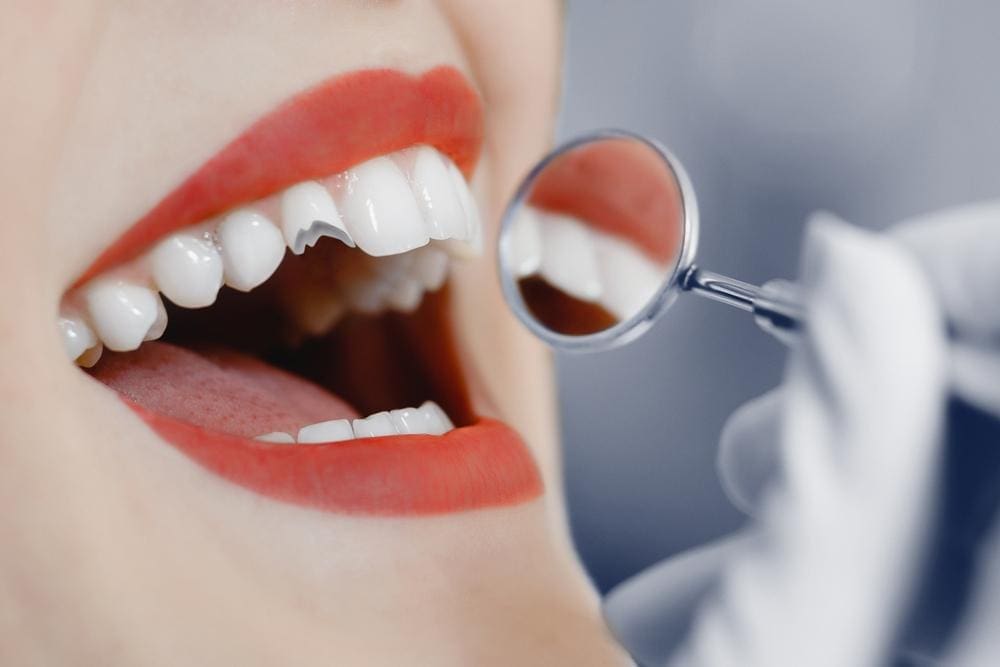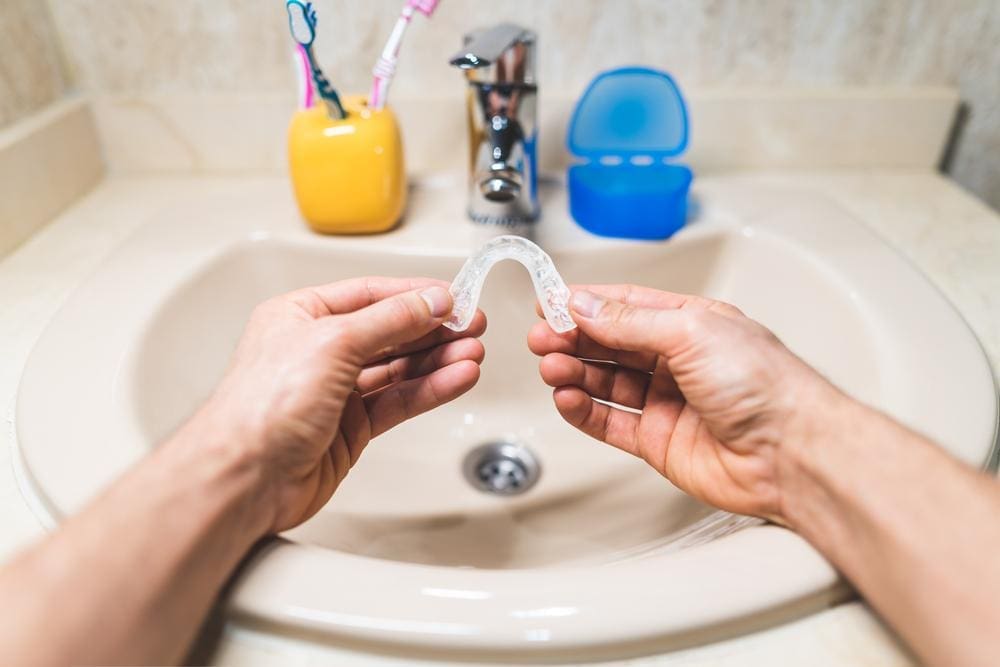
Bruxism, the clinical term for tooth grinding, is not a significant health problem. However, over time, it can cause severe damage to your teeth and overall oral health. It can also contribute to secondary conditions, including headaches.
If you’re experiencing bruxism and aren’t sure how to handle it, consider visiting the chiropractor. This offers a safe, natural, and effective option for treating the condition and the pain it tends to cause.
There might be several potential causes of bruxism, including:
Additionally, the following common conditions could increase your risk of bruxism:
The exact cause of bruxism is unknown, but health experts believe it is usually linked to one of the above issues. A combination of these issues might cause it. They also theorize the cause to be a blend of physical, genetic, and psychological factors.
The symptoms of bruxism include:
Over time, bruxism hurts dental health. The adverse effects of the condition include:

There are several things you can do at home to manage bruxism. For example:

One of the best ways to reduce problems with jaw clenching is to learn to manage stress. There are several tools you can use for this, including:
There are several ways chiropractors treat bruxism. Your specific treatment plan is determined by the cause or causes of why you grind your teeth.
Stress and anxiety are among the most common reasons people grind their teeth. Working with a chiropractor is one of the best ways to reduce stress and improve overall well-being. In addition to the chiropractic treatment you’ll receive in-office, you’ll also learn strategies you can use at home for managing stress and keeping your body relaxed.
Some of the most common treatments chiropractors use to deal with bruxism, misaligned jaws, and dental health issues in general include:
All of these treatments are safe, quick, and pain-free. Over time, you might notice improvements beyond the treatment of bruxism.

Chiropractors determine the underlying cause of a problem and treat it at its root. Instead of masking symptoms, your body can heal, eliminating the pain and reducing your risk of future problems. If you struggle with bruxism, talk to your chiropractor about treating the issue.

© 2024 Accident Care Chiropractic | Hablamos Español
Located in: North Portland, NE Portland, SE Portland, Gresham, Clackamas, Oregon City, Hillsboro, Beaverton, Tigard, Forest Grove, Woodburn,
McMinnville, Keizer, Salem, South Salem, Bend, Vancouver, Hazel Dell, East Vancouver, Pasco, Kennewick.
We Specialize in Car Accident Treatment & Recovery
Home | About Us | Testimonials | Blog | Sitemap | Privacy Policy | Services | Locations | Contact Us